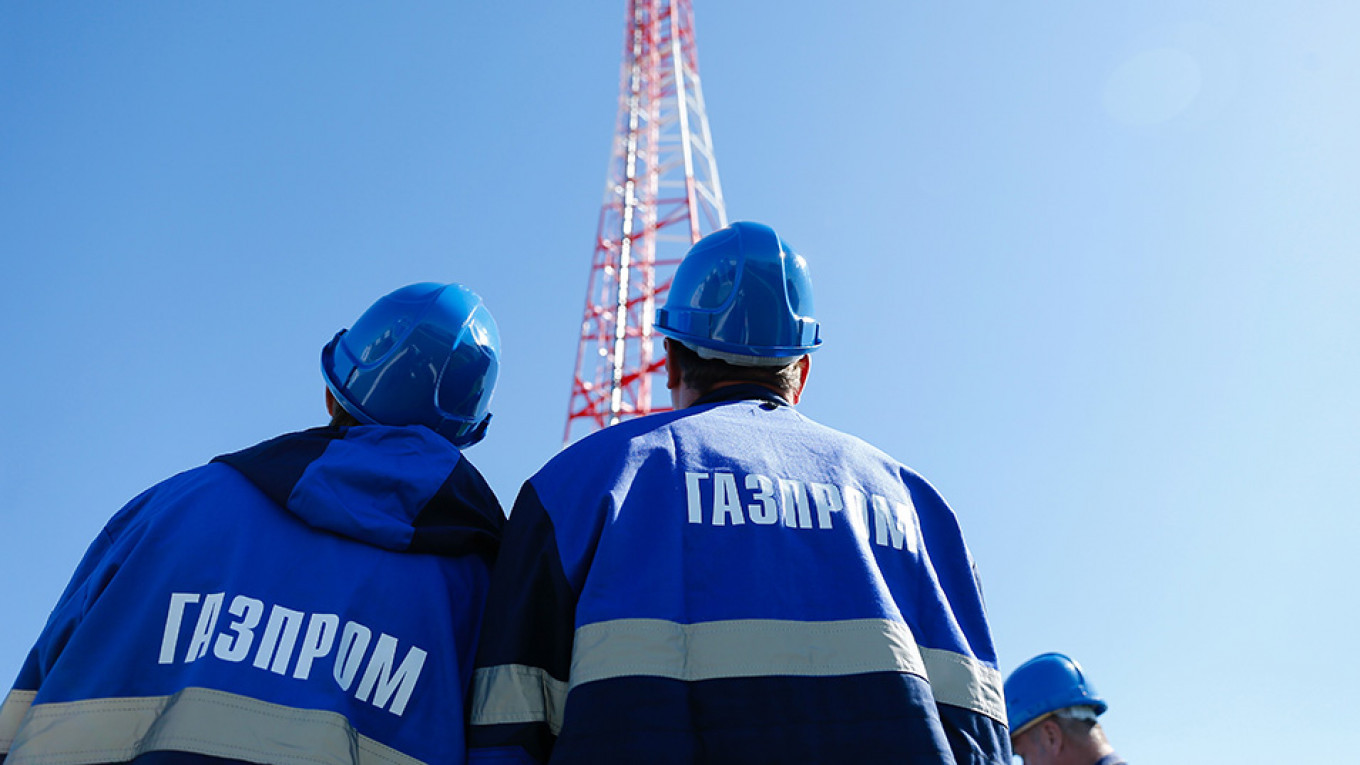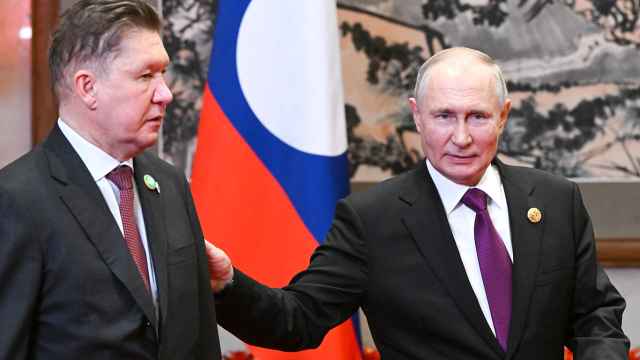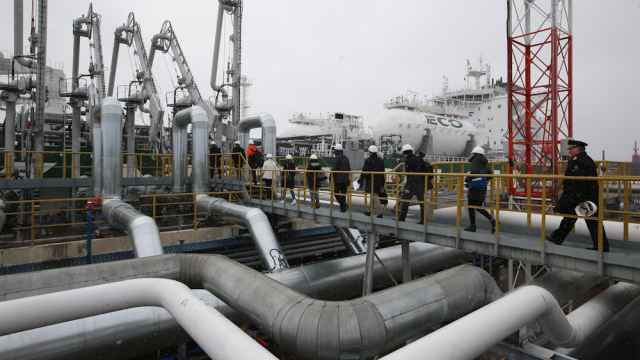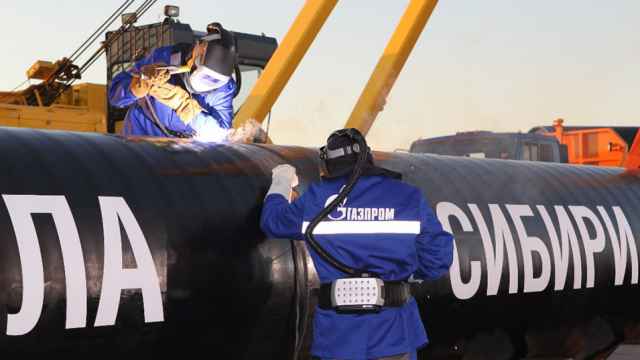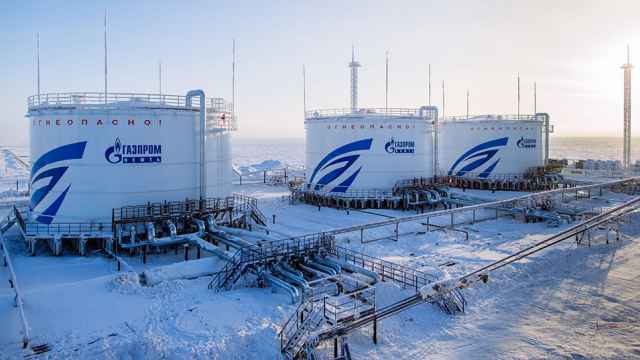Gazprom risks losing $20 billion and will struggle to fulfil a flagship deal between Russia and China to supply gas for the next three decades, an investigation by Russian news outlet Lenta.ru has found.
The investigation showed that the state-controlled gas giant overestimated capacity at production sites while senior management kept information of technical setbacks quiet, under pressure to deliver on Russia’s $400 billion deal with China and beat the U.S. in a race to supply gas to the world’s second largest economy.
Gazprom launched the Power of Siberia pipeline at the end of 2019, watched by President Vladimir Putin and his Chinese counterpart Xi Jinping. It was presented as the latest facet of the deepening economic and political relationship between the two countries, which signed the 30-year contract in 2014.
When fully operational in 2025, the pipe was supposed to carry 38 billion cubic meters of gas per year from Russia to China. Discussions about supplying an additional 6 billion cubic meters were also ongoing.
Lenta.ru obtained various internal reports and audio tapes from Gazprom employees and consultants which show that before the pipeline was launched there were doubts inside the company about key sites’ true production potential, particularly at one of its largest gas fields — Chayandinskoye.
“The documents show numerous violations in the development of the field, condoned by the management of Gazprom and [subsidiary] Gazprom dobycha Noyabrsk, the patronage and deliberate concealment of the scale of development problems … because of which, the entire project is at risk of failure,” Lenta.ru said.
Production potential at a second Gazprom field — Kovyktinskoye — which was also designed to feed into the Power of Siberia, is also lower than initial estimates, the outlet found.
Lenta.ru estimates the potential shortfalls could cost Gazprom 1.5 trillion rubles ($21 billion).
After publicly stating ambitions to become the world’s first company with a valuation of $1 trillion in 2008, Gazprom’s rapid expansion in the 2000s has gone into reverse. At current share prices the company is now worth around $65 billion — down from more than $300 billion a decade ago.
The firm is also caught up in a geopolitical storm between the U.S., Russia and Germany over the Nord Stream 2 pipeline to expand Russia’s direct supply of gas to Europe.
That pipeline was supposed to be completed last year, but in a last ditch attempt to kill the project, the U.S. has threatened sanctions against companies involved in its construction. Moscow on Thursday insisted it will finish construction and Putin has said it will be operational by the end of 2020 or early 2021.
A Message from The Moscow Times:
Dear readers,
We are facing unprecedented challenges. Russia's Prosecutor General's Office has designated The Moscow Times as an "undesirable" organization, criminalizing our work and putting our staff at risk of prosecution. This follows our earlier unjust labeling as a "foreign agent."
These actions are direct attempts to silence independent journalism in Russia. The authorities claim our work "discredits the decisions of the Russian leadership." We see things differently: we strive to provide accurate, unbiased reporting on Russia.
We, the journalists of The Moscow Times, refuse to be silenced. But to continue our work, we need your help.
Your support, no matter how small, makes a world of difference. If you can, please support us monthly starting from just $2. It's quick to set up, and every contribution makes a significant impact.
By supporting The Moscow Times, you're defending open, independent journalism in the face of repression. Thank you for standing with us.
Remind me later.


